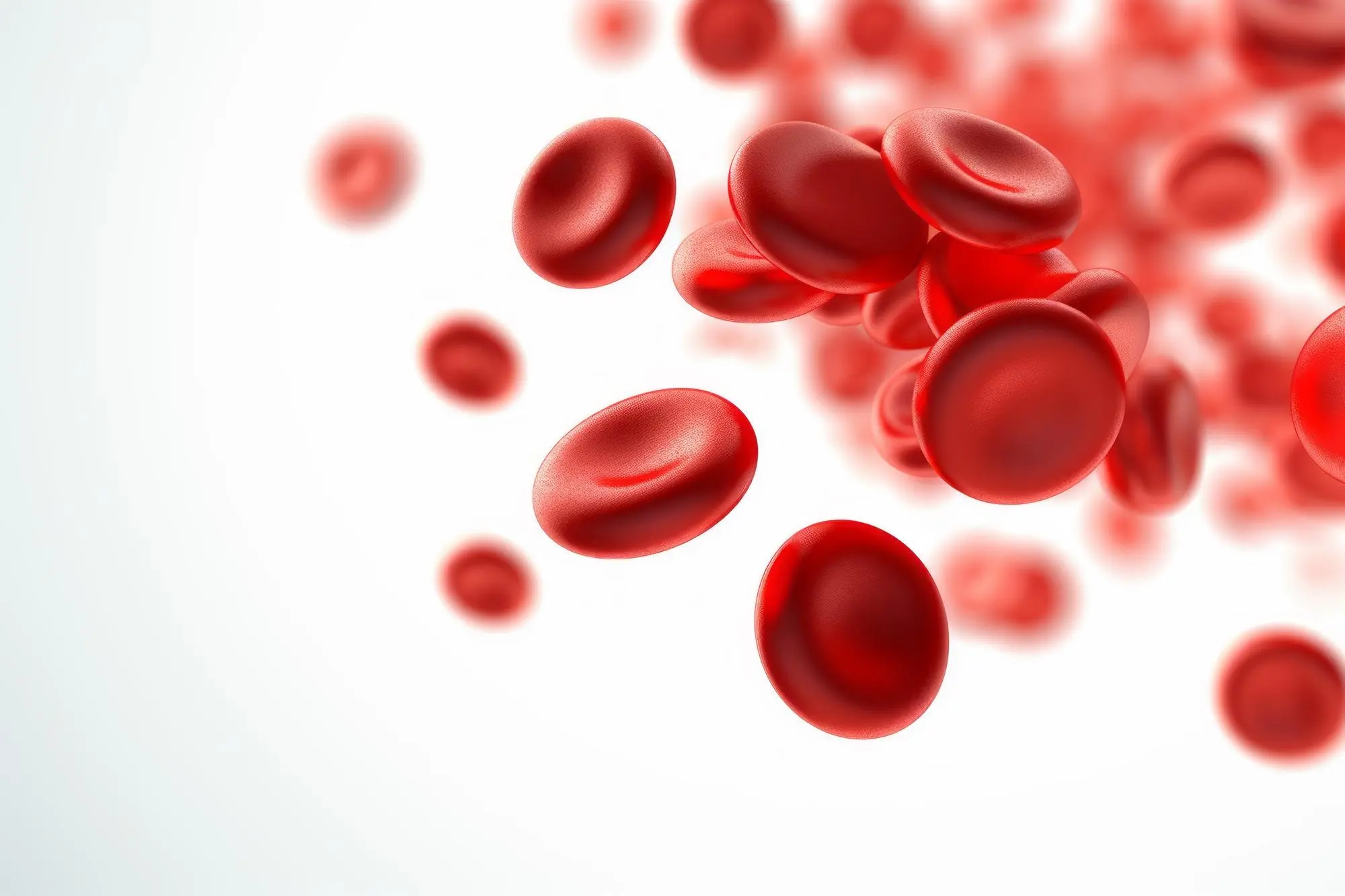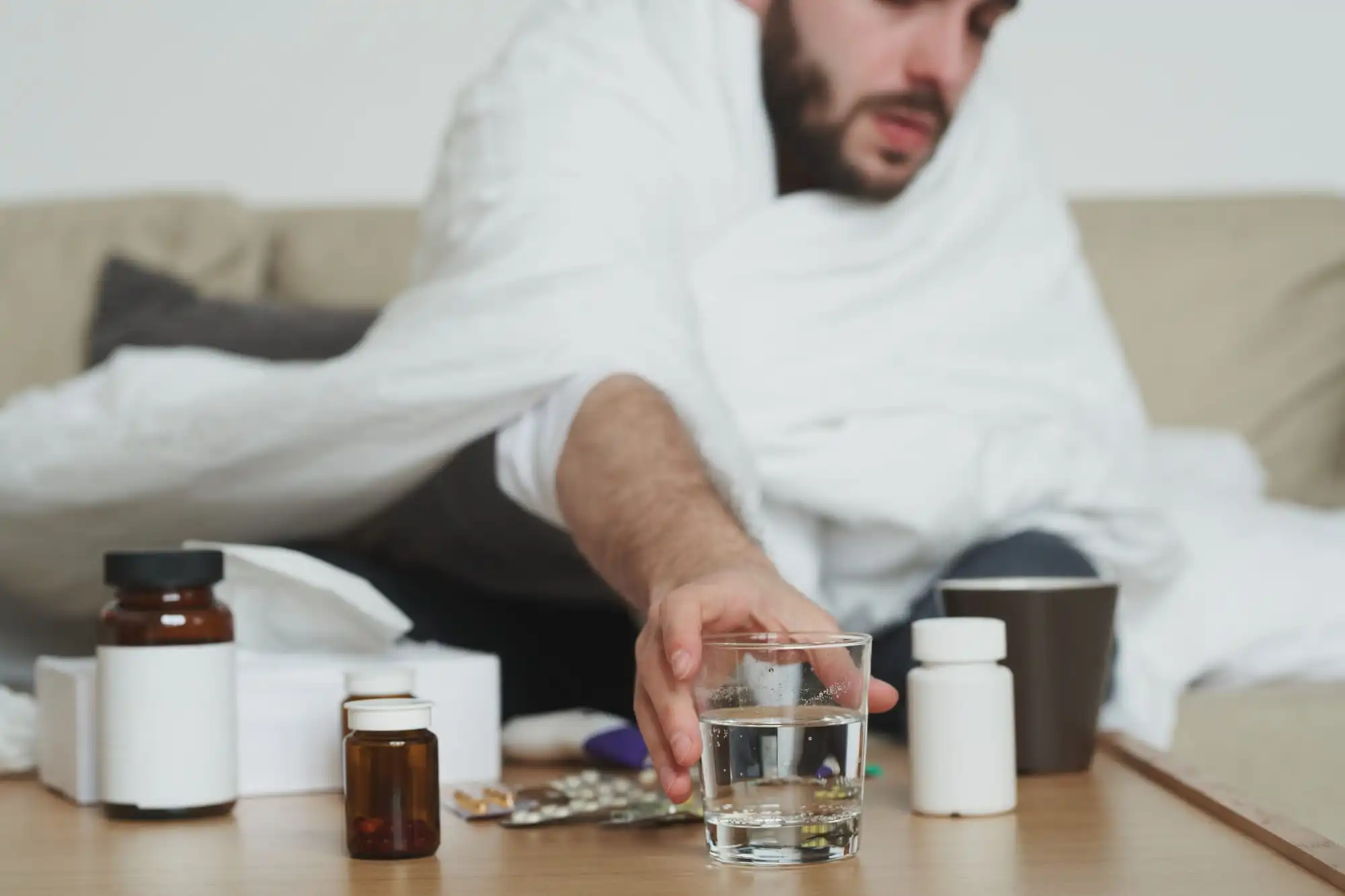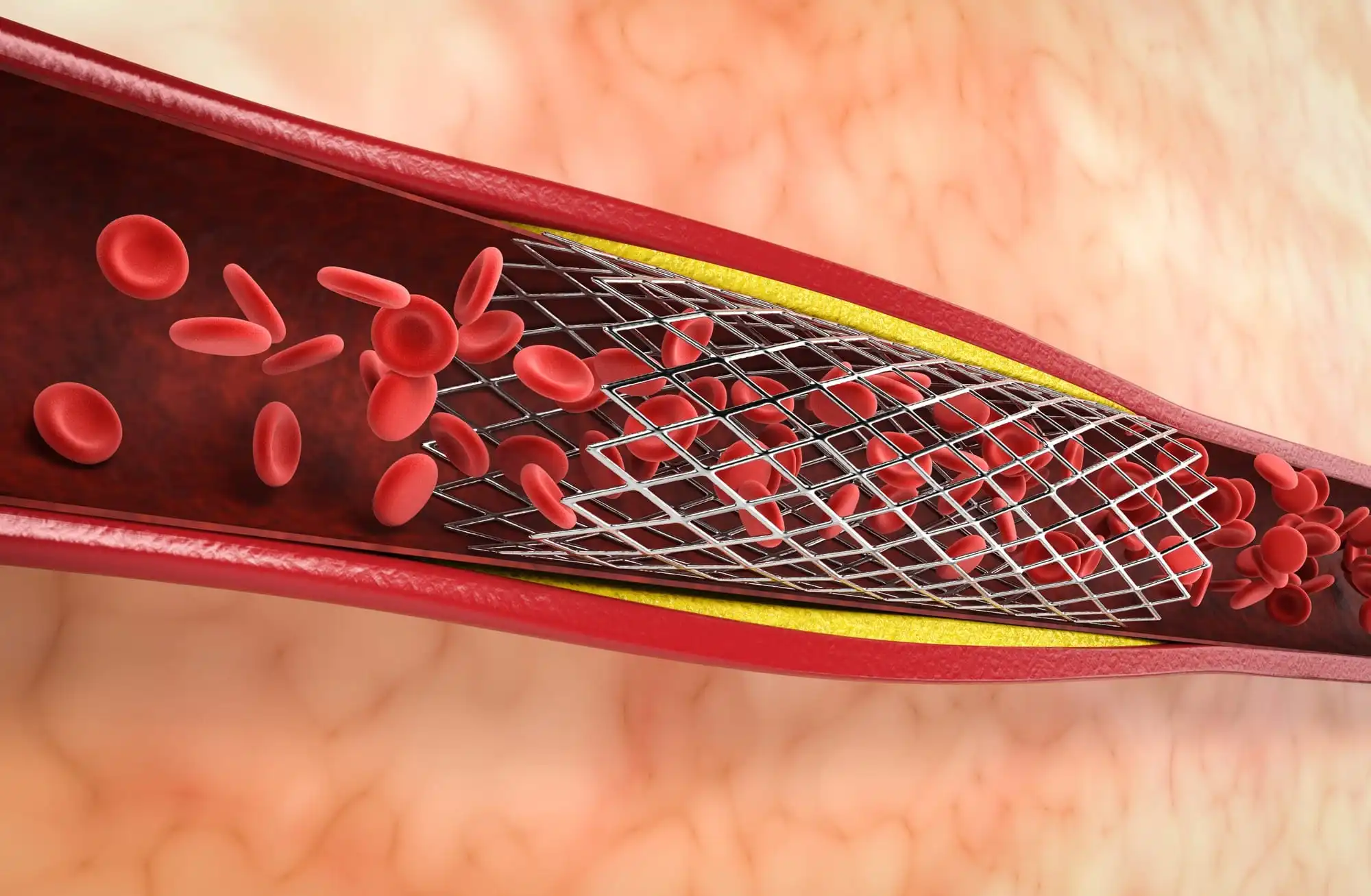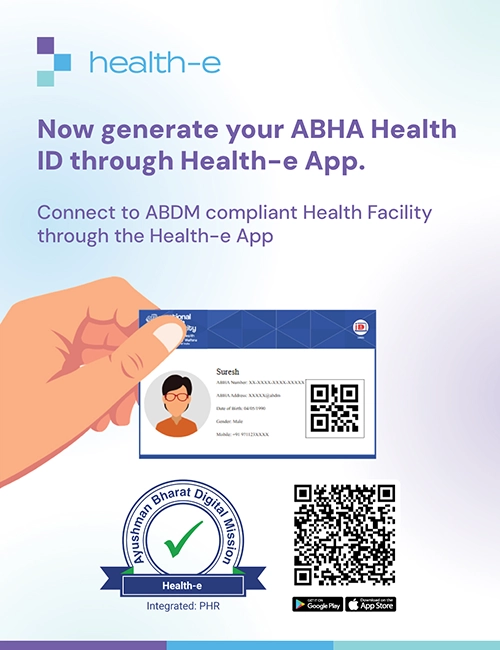Are you seeing any unusual changes in your body? Do you struggle with weight gain or have
irregular periods? If this is the case, you are not alone. Many women have similar
difficulties. One of the underlying causes might be Polycystic Ovary Syndrome or PCOS. It is a common hormonal condition that affects women of reproductive age.
According to the Indian Fertility Society, PCOS affects 3.7% to 22.5% (1.3-7.9 crore) of Indian women. If you are a woman with PCOS, you might face numerous social, physical, and emotional challenges. However, unfortunately, despite its significant impact, PCOS is not yet widely recognised as a major health issue.
It is crucial to focus on prevention and early detection of PCOS. This blog looks at the different types of PCOS, their symptoms, and treatment options. So, let’s go on a trip together to comprehend this problematic ailment.
What is PCOS?
Polycystic Ovary Syndrome (PCOS) is a hormonal condition that affects many women of reproductive age. It is characterised by a hormonal imbalance that can cause various symptoms and health concerns.
Because of a lack of information, you might wonder about many things – “How do I know which type of PCOS I have?” or “What type of back pain is associated with PCOS.” PCOS symptoms vary from person to person, but some common ones include the following:-
- Irregular menstrual periods
- Acne
- Weight gain
- Hair loss
- cysts
- Infertility
- Excessive hair growth
- Severe body pain during periods
- Skin darkening
- Skin tags
Not all PCOS women may have all of these symptoms. The intensity of symptoms might also vary.
7 Different Types of PCOS
1. Insulin-resistant PCOS
It is one of the most common types of PCOS. 70% of women with PCOS suffer with insulin-resistant PCOS. It happens when the cells in the body grow resistant to insulin, resulting in increased amounts of insulin in the blood. This can increase androgens (male hormones) and disturb the body’s natural hormonal balance.
Treatment: Lifestyle modifications such as a good diet, exercise, de-stressing, improving sleep, supplements, and insulin-sensitising medicines can help manage insulin-resistant PCOS.
2. Lean PCOS
Lean PCOS is a form of PCOS that predominantly affects women of normal or even underweight. Despite not being overweight, women with lean PCOS have hormonal abnormalities and irregular menstruation.
Treatment: Treatment options for lean PCOS are similar to those for insulin-resistant PCOS, emphasising increasing insulin sensitivity and hormonal balance.
3. Inflammatory PCOS
Inflammatory PCOS is distinguished by low-grade inflammation in the body, which can exacerbate insulin resistance and hormonal abnormalities. This type of PCOS frequently manifests with extra symptoms such as persistent tiredness, joint discomfort, and digestive problems.
Treatment: Potential therapies for inflammatory PCOS include eating an anti-inflammatory diet, controlling stress, and, if necessary, taking anti-inflammatory medicines.
4. Hidden-cause PCOS
Hidden-cause PCOS refers to circumstances in which the underlying cause of PCOS is not readily apparent. It might be genetic, environmental, or a mix of the two.
Treatment: Hidden-cause PCOS treatment includes hormone management and lifestyle changes.
5. Pill-Induced PCOS
Pill-induced PCOS develops when certain hormonal medicines, such as birth control pills, cause the development of PCOS-like symptoms. It should be noted that this kind of PCOS is reversible and usually disappears after the drug is stopped.
Treatment: The potential therapy for pill-induced PCOS is discontinuing the medication and allowing the body to re-establish its natural hormonal balance.
6. Adrenal PCOS
Adrenal PCOS is an uncommon type of PCOS characterised by the adrenal glands overproduction of androgens. Excessive hair growth, acne, and irregular menstrual periods indicate this type.
Treatment: Drugs to control adrenal hormone production and following a healthy lifestyle are some treatment options to cure adrenal PCOS.
7. Post-pregnancy PCOS
You can develop post-pregnancy PCOS, also known as postpartum PCOS, after giving birth. Hormonal variations during and after pregnancy might alter the body’s natural hormonal balance, resulting in PCOS symptoms.
Treatment: You must invest in hormone management and lifestyle changes to correct post-pregnancy PCOS.
Final Thoughts
Understanding the different types of PCOS, their symptoms, and their potential treatments
is crucial for managing the condition effectively. If you suspect you may have PCOS, it is essential to consult with a healthcare professional who can provide a proper diagnosis and guide you toward the most appropriate treatment plan for your specific situation.
Also, a health locker might help you manage PCOS. It aids with storing and tracking medical data, test results, and other health information. You can share all this with your medical
practitioner for improved treatment. A digital health locker also allows you to document
your menstrual cycle, medicines, and symptoms.
Frequently Asked Questions (FAQs):
1. What's the Distinction Between PCOD and PCOS?
PCOD is an abbreviation for Polycystic Ovarian Disease, whereas PCOS is for Polycystic Ovary Syndrome. Although the names are sometimes used interchangeably, PCOD refers to the condition of having partially mature eggs produced by the ovaries.
In contrast, PCOS types of cysts contain immature eggs and form a collection outside your ovaries. Both PCOS and PCOD cause hormonal abnormalities.
2. What is the Procedure For Diagnosing Polycystic Ovarian Syndrome (PCOS)?
3. Is PCOS a Short-Term Condition?
4. Can I Conceive if I Have PCOS?
5. Is It Possible to be in Menopause And Have PCOS?
Women can have PCOS and be in menopause, albeit this is less common. All types of PCOS often begin in adolescence and affect women of reproductive age. If you have symptoms of both PCOS and menopause, speak with your healthcare professional.
Please remember that the preceding material is intended for educational purposes only and should not be used to replace professional medical advice. Getting personalised advice and treatment choices from a healthcare expert is always advisable.





